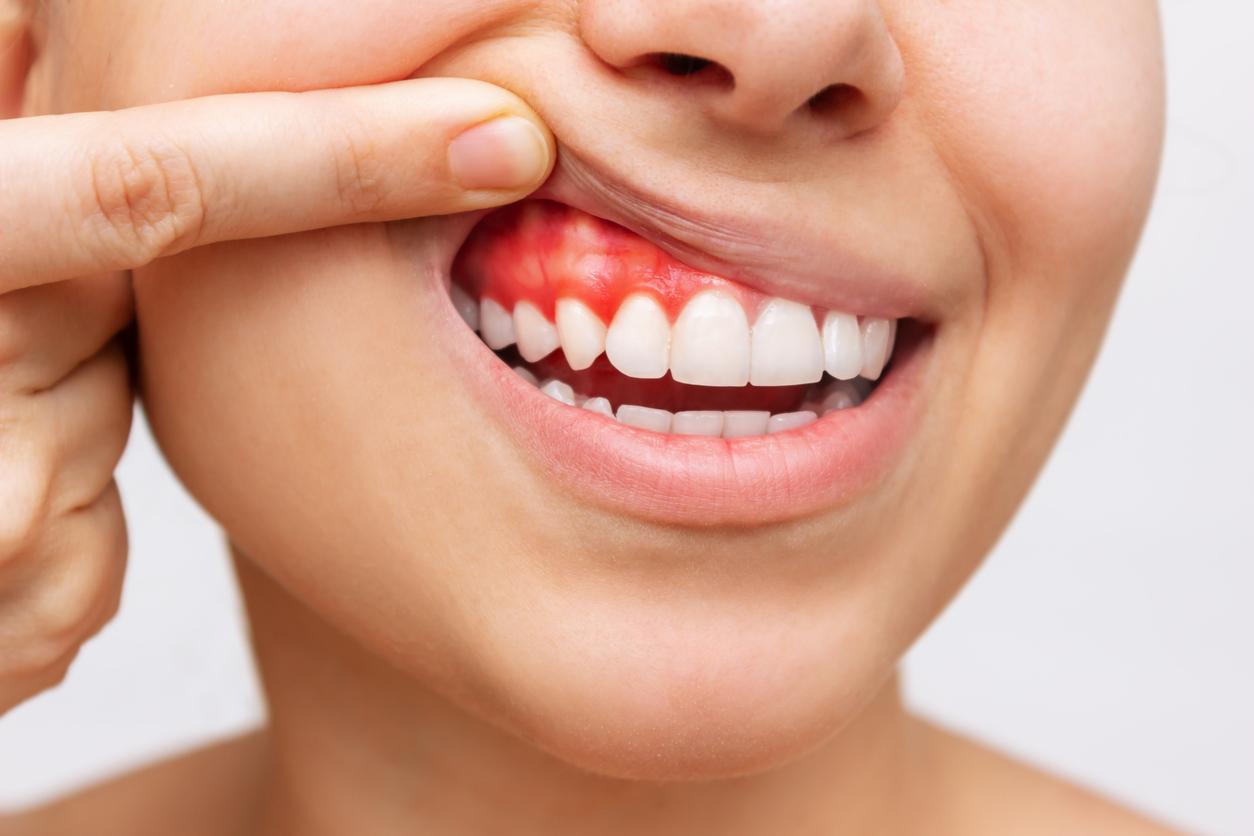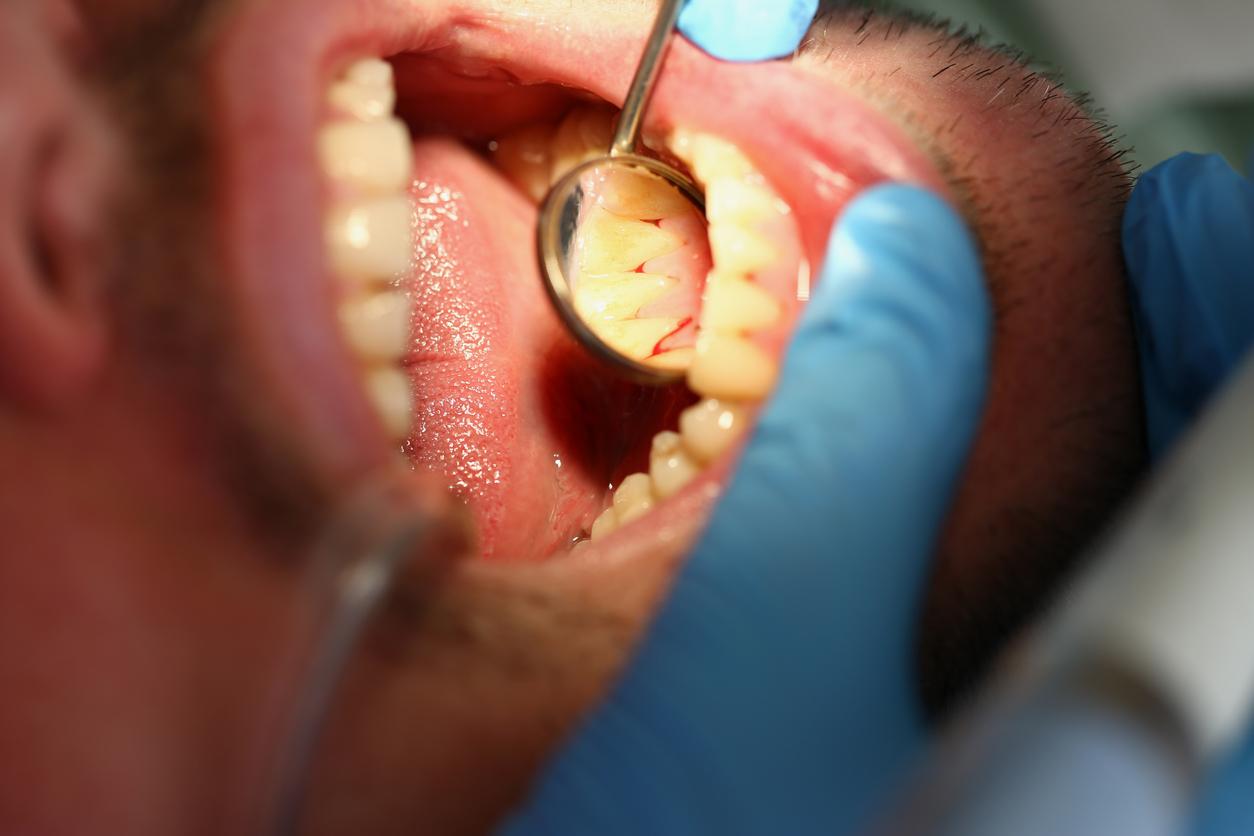Nearly 20 million people worldwide are affected by inflammatory bowel disease (IBD), including Crohn’s disease or ulcerative colitis. Faced with the prevalence of these diseases, researchers from the Cochin Institute in Paris have looked into the environmental causes and in particular the impact of food. These researchers notably studied the impact of carboxymethylcellulose (more commonly known as cellulose gum or E466), a food additive, on the human microbiota. This thickening, gelling agent is added to many processed foods to improve their texture and extend their shelf life.
A decrease in good bacteria
In previous work, they had shown that cellulose gum altered the composition of mouse microbiota. This time they recruited a small group of healthy volunteers divided into two groups. One ate a strictly controlled diet without any additives, and the other an identical diet but supplemented with carboxymethylcellulose (CMC).
After two weeks, the researchers observed that, in participants consuming this food additive, the composition of bacteria present in the intestine was modified, with a marked decrease in the quantity of certain species known to play a beneficial role. in human health, such as Faecalibacterium prausnitzii, explains Inserm. Colonoscopies performed on these volunteers at the start and end of the study also showed that in participants consuming cellulose gum, gut bacteria moved closer to the walls of the gut, a feature seen in diseases inflammatory bowel disease and type 2 diabetes.
Why do only some individuals develop inflammatory markers as a result of consuming these additives? Are some people more sensitive to certain additives than others? To answer these questions, researchers are planning new clinical and preclinical studies that should identify molecular markers of CMC sensitivity. Their study was published in the journal GastroEnterology.
Source:
Randomized Controlled-Feeding Study of Dietary Emulsifier Carboxymethylcellulose Reveals Detrimental Impacts on the Gut Microbiota and MetabolomeGastroenterology, November 2021
Read also :
- Does your toothpaste contain titanium dioxide?
- Food: one in 4 additives should be avoided
- A link between food additives and anxiety
















